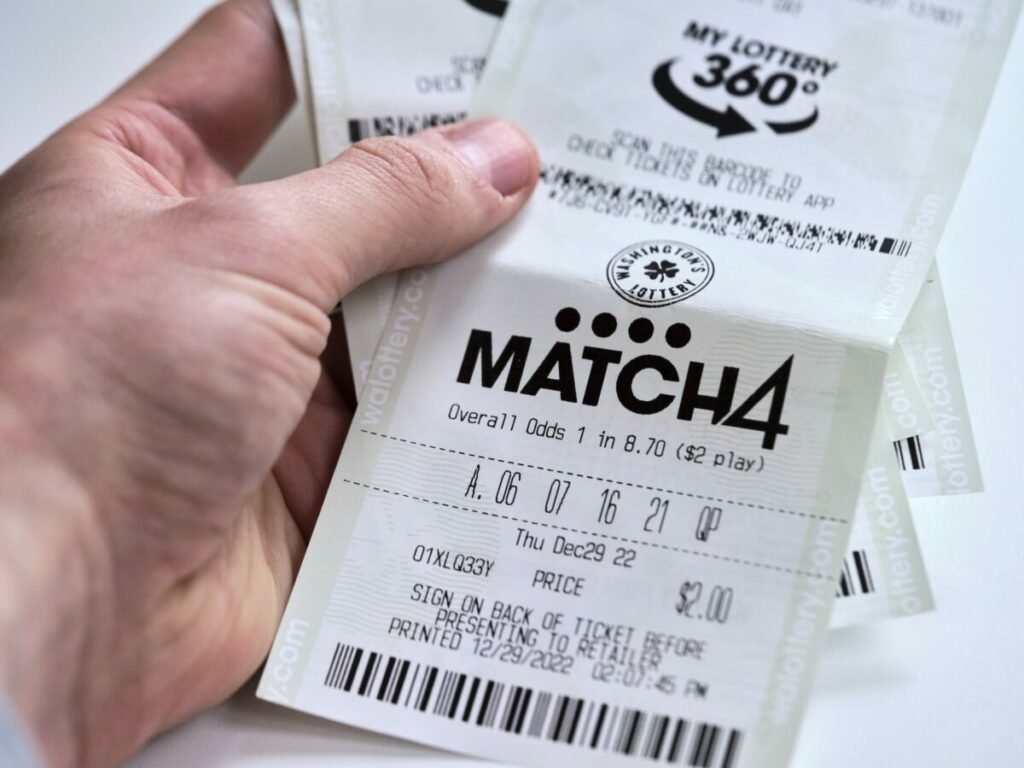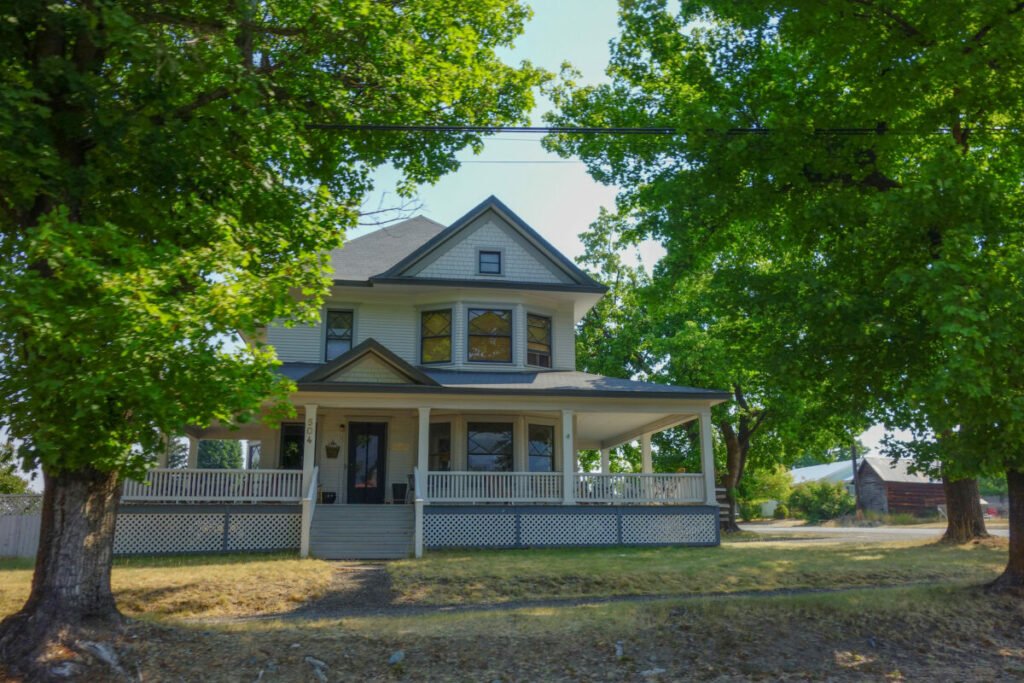Wendy Fontaine is the 3rd place winner of Streetlight‘s 2023 Essay/Memoir Contest
An itchy palm means you’re going to come into some money. That’s what my dad always said. Whenever the tingling sensation hit, we’d walk around our mobile home holding out our hands and scratching at the skin as if to say, look, the money could already be on its way. Back then, I chalked it up to Italian superstition, the overriding principle that we could cultivate luck by tossing salt over our shoulders or avoid trouble by steering clear of black cats and broken mirrors. But now I know it meant much more than that.
Exactly how we were going to find this money was beyond me. I was still in grammar school, too young for a real job or even a babysitting gig. My brother, born on my fifth birthday, was even younger. A lemonade stand wouldn’t work either, since we lived on a dead-end street with no sidewalks or foot traffic. Besides, lemons were expensive.
When Dad said we were going to find some money, maybe he meant him and my mom, though cash didn’t come easily to them either. They worked in the local shoe factories, a primary industry in our home state of Maine back in the ’80s, second only to making paper. They got paid not by the hour but by the number of shoes they could assemble in a day. The work proved to be as strenuous as it was tedious. Dad’s legs cramped in the middle of the night, prompting him to yell out into the darkness and reach for the belt he kept by the bed to stretch his hardened calves. Mom’s knuckles swelled to twice their usual size, never to return to their original dimensions.
Their weeks were long and hard, punctuated by snowy commutes in the winter and sweltering afternoons in the summer. They came home exhausted, smelling like leather and rubber cement. But with each weekend came the chance to rest and recover, and perhaps more importantly, the chance to play the lottery.

Every Saturday night at exactly 7:59 p.m., Dad switched the channel from our usual animal bloopers show to the Tri-State Megabucks live draw. Our eyes immediately fixated on a plexiglass box of ricocheting ping-pong balls, each emblazoned with a number. After a few seconds, the machine sucked six balls to the forefront, and the announcer read them off as the winning digits. Dad jotted each one down onto a scrap of paper. We all held our breath.
The lottery started in Maine the same year I was born, and so I grew up with conflicting impressions that we could get rich in the blink of an eye or we could toil forever at low-wage factory jobs without ever getting ahead. The first jackpot prize winner, a man from Bangor, won $150,000—roughly five times my family’s annual income. Before long, the lottery expanded. More states joined in, and the prizes got bigger. A man from Wellington, a lumber town in central Maine, became the first to win a million dollars.
Rumors circulated about the big winners, about how they remodeled their homes and put in swimming pools. How they quit their jobs and moved to Florida. A few buckled under the pressure of sudden wealth. They left their spouses, squandered the money. A year later, they were as broke as they were before, probably drinking more too. We shook our heads at those people. Surely, we would not be so foolish.
The live draw came to a close and the opening credits of The Facts of Life flashed on our TV screen as Dad plucked the salmon-colored paper tickets from his wallet and checked to see if we’d won. He went line by line through each ticket, marking correct numbers with a stroke from his dulled pencil. Three matches garnered a free ticket to play again next week. All six meant we were rich. I imagined our digits lining up, Dad springing off the couch with his hands in the air, exclaiming victory. Mom standing by in shock. A knock on our front door. A man in a suit carrying one of those giant checks, Publishers Clearinghouse style. And then all four of us toting the check down to the credit union and cashing it, news cameras flashing, our friends and neighbors hot with jealousy.
Above all else, though, I wondered what would we do with all that money. Would we buy a giant house? Go on an exotic vacation? We’d never been on a real family trip. No Las Vegas or Hawaii or Disneyland. No Tahiti, no Paris. We’d never seen a palm tree, dipped our toes into the Pacific Ocean or lounged on an island beach. Mom and Dad flew on a plane in 1972 after he got sent to Germany by the U.S. Army, but my brother and I had yet to go airborne. We’d never stepped foot on a cruise ship or ridden a roller coaster. Those were things other families did. Families richer than ours.
Instead, we went fishing or camping. We drove through the White Mountains in New Hampshire or down to Old Orchard Beach in southern Maine, where a seagull once pooped on my shoulder during a walk along the pier. That’s good luck, Dad said that day, though it didn’t feel very lucky. It felt gross, and I cried.
So what would we have done with the money? Surely my brother and I would have had answers at the ready, as obsessed as we were with the Sears Wish Book at the time. It arrived on our doorstep each year before Christmas, heavier and thicker than the Encyclopedia Britannica. We’d go through it like two seminarians memorizing Biblical verse. My brother found superhero pajamas, remote-controlled monster trucks, a He-Man watch and a polyester sleeping bag with Hot Wheels on the front. I wanted a bean bag chair. Lavender snowpants. Pleated skirts and an oak-finished jewelry box. A battery-operated nail dryer and a Barbie corvette. And if I were really shooting for the moon, a Barbie dream house with a pink sofa and doors that actually opened.
My mother’s wishes were simpler. She wanted enough money to cover the bills instead of juggling them. Enough so that she wouldn’t have to clip coupons and carry those coupons to the grocery store in an overstuffed shoebox. Enough so that we could buy new clothes for school instead getting them at yard sales. Enough so that she didn’t have to think about money, because money is the only thing you ever think about when you don’t have any.
As my father held those tickets, as he checked each number for a match, the thing he dreamed of was a camp. A small cottage on a lake where he could fish and boat. Where he could sit by the shore at the end of the day, crack open a beer and feed breadcrumbs to the ducks gathering at his feet. Where he could watch the sun set and then sleep without screaming.
We each had our own idea of utopia, none of it lavish or indulgent. Even our wildest dreams weren’t all that wild. We wanted toys to play with, clothes to wear, a place to slow down and breathe deeply. We wanted comfort, security and peacefulness. The things that everyone wants.

Of course, we never won Megabucks. I never got a Barbie dream house or a bean bag chair. My father never got his camp. He died of congestive heart failure in the summer of 2018. The only other lottery he ever played was for a moose-hunting permit, and he never won that either.
To this day, my mother remembers the lottery numbers we played back then. Always a ten for our shared birthdays. Always a seventeen for their anniversary. Always a twenty because that’s what the last digit of all the other numbers added up to be. I never realized it then, but each week as we scratched our palms and tuned in for the live draw, those lottery numbers showed a timeline of our lives. A chronology of all our happiest days.
In the end, Mom got what she always wanted, thanks to the retirement funds she and Dad quietly socked away all those years in the shoe factory. Today she has enough. Enough to be comfortable, enough to go to the bingo hall or the coffee shop or the nail salon whenever she wants. She can even pay full price for new clothes at JC Penney, though she rarely does. Sometimes dreaming about money is more fun than spending it.

Share this post with your friends.

